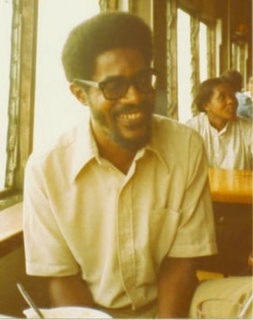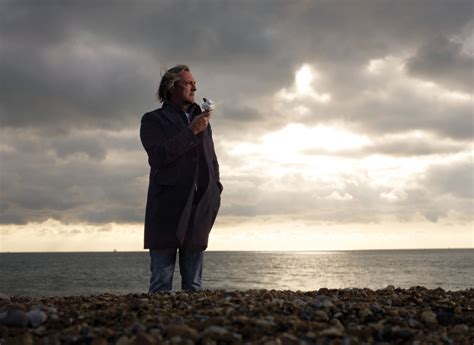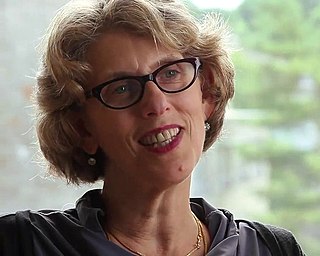A Quote by Anthony Crosland
We still retain in Britain a deeper sense of class, a more obvious social stratification, and stronger class resentments, than any of the Scandinavian, Australasian, or North American countries.
Related Quotes
The State did not originate in any form of social agreement, or with any disinterested view of promoting order and justice. Far otherwise. The State originated in conquest and confiscation, as a device for maintaining the stratification of society permanently into two classes-an owning and exploiting class, relatively small, and a propertyless dependent class. . . . No State known to history originated in any other manner, or for any other purpose than to enable the continuous economic exploitation of one class by another.
We are social animals and we have a hierarachical and unequal society. It is a class society, and the class system creates and perpetuates the social role of consumption. We display our class membership and solidify our class positioning in large part through money, through what we have. Consumption is a way of verifying what you have and earn.
I'm someone who thinks that the world would be a better place if there was a big middle class. I mean, middle class is peace. In a perfect world, everybody would have enough to eat and we'd be living in security. It's obvious. I'm very happy to pay my taxes and all that. I would say I'm more of a Social Democrat.
Money and one of its embodiments, social class, are both riveting and mysterious to children. And if we don't challenge today's stigma around class status, it will warp a new generation's experience of an even more important class - the kind in which they learn. And that's one thing we simply can't afford.

































